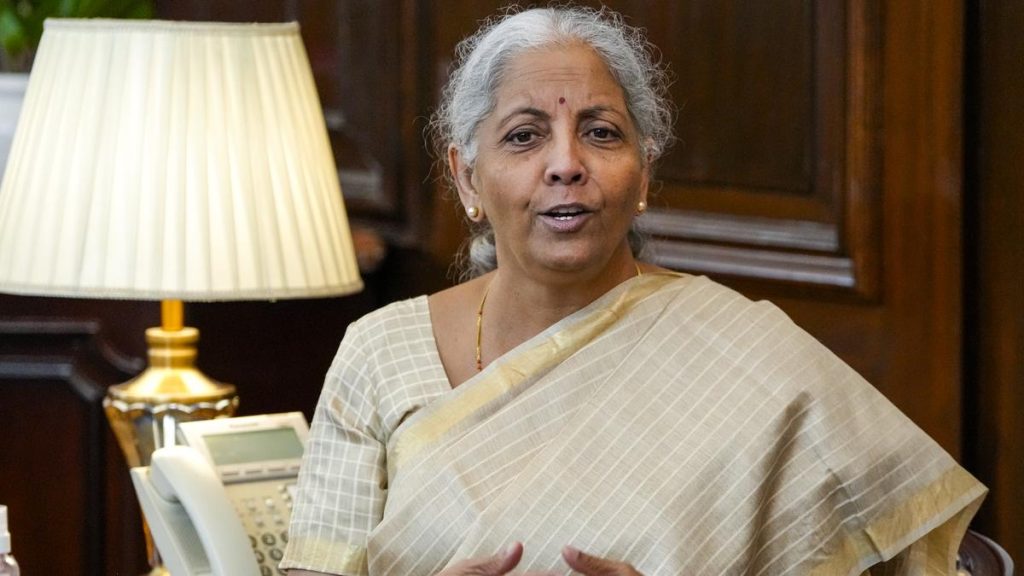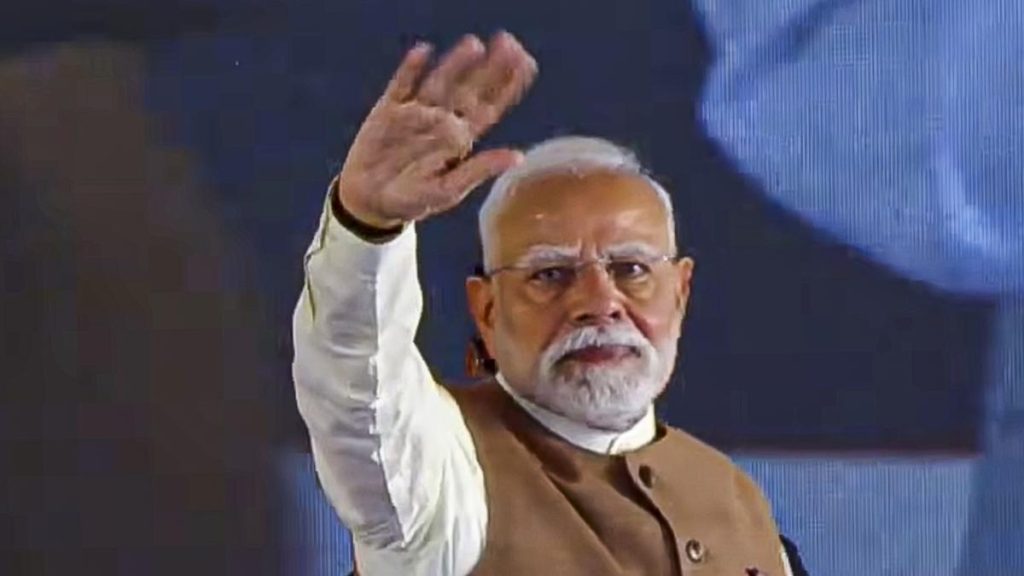Now Reading: Man Acquitted in Minor Molestation Case Due to Insufficient Evidence
-
01
Man Acquitted in Minor Molestation Case Due to Insufficient Evidence
Man Acquitted in Minor Molestation Case Due to Insufficient Evidence

Rapid Summary
- Court Acquittal: A Thane court acquitted Akash Santosh Kolhe, who was accused of molesting a 17-year-old minor girl in December 2021.
- Charges Dismissed: Kolhe was found not guilty under IPC Section 354 and provisions of the Protection of Children from Sexual Offences (POCSO) Act.
- Case Details: The incident reportedly occurred near a bus stop where the victimS younger sister allegedly witnessed the act and informed their mother, leading to an FIR being filed.
- Key Judicial Findings:
– Prosecution failed to provide credible proof of the victim’s age as required under POCSO.
– Discrepancies were noted between the victim’s testimony and FIR details regarding location and events.
– Key evidence (victim’s clothes and alleged rope) was not seized by investigators.
– Eyewitness testimony from the victim’s younger sister, present at the scene, was not examined during trial.
– Panch witness testimony deemed unreliable due to prior association with investigation officer.
Image:
!Read More
Indian Opinion Analysis
This judgment underscores critical issues inherent in India’s judicial process for sensitive cases such as those under POCSO. The lack of corroborating evidence-including proof of age-significantly undermined the prosecution’s case. Moreover, discrepancies between testimonies, omission in recovering physical evidence like clothing or ropes allegedly linked to the incident, and failure to examine key eyewitnesses demonstrate serious lapses in investigative rigor.
india faces challenges when balancing fair trials with effective prosecution mechanisms for child protection cases. This outcome could stress accountability on law enforcement agencies while highlighting procedural gaps necessitating reforms. Strengthening investigation protocols and ensuring reliable documentation can be vital steps towards mitigating such lacunae.
additionally, this case serves as a reminder that judgments must rely solely on factual proofs beyond reasonable doubt-a cornerstone principle ensuring fairness within judicial systems globally.























